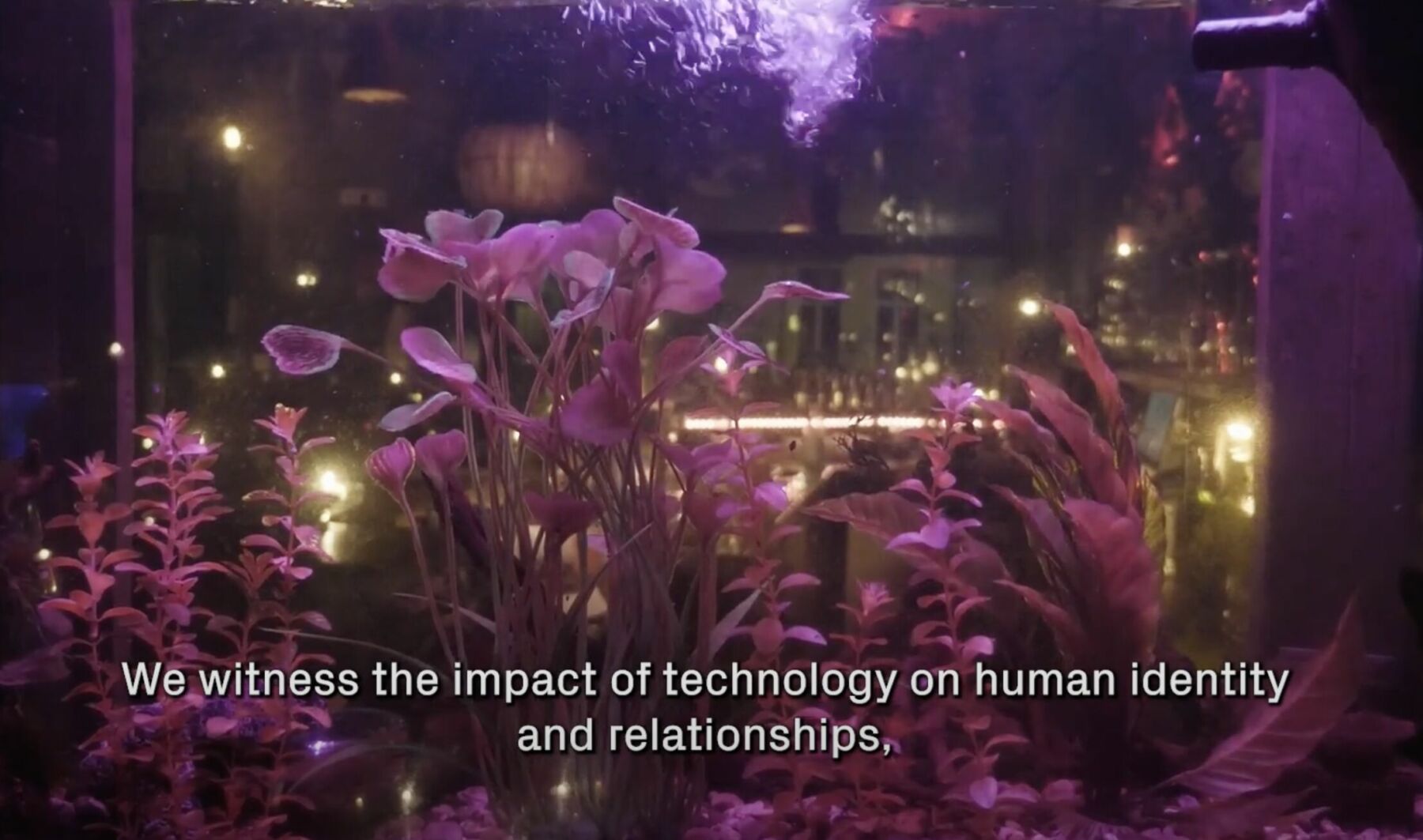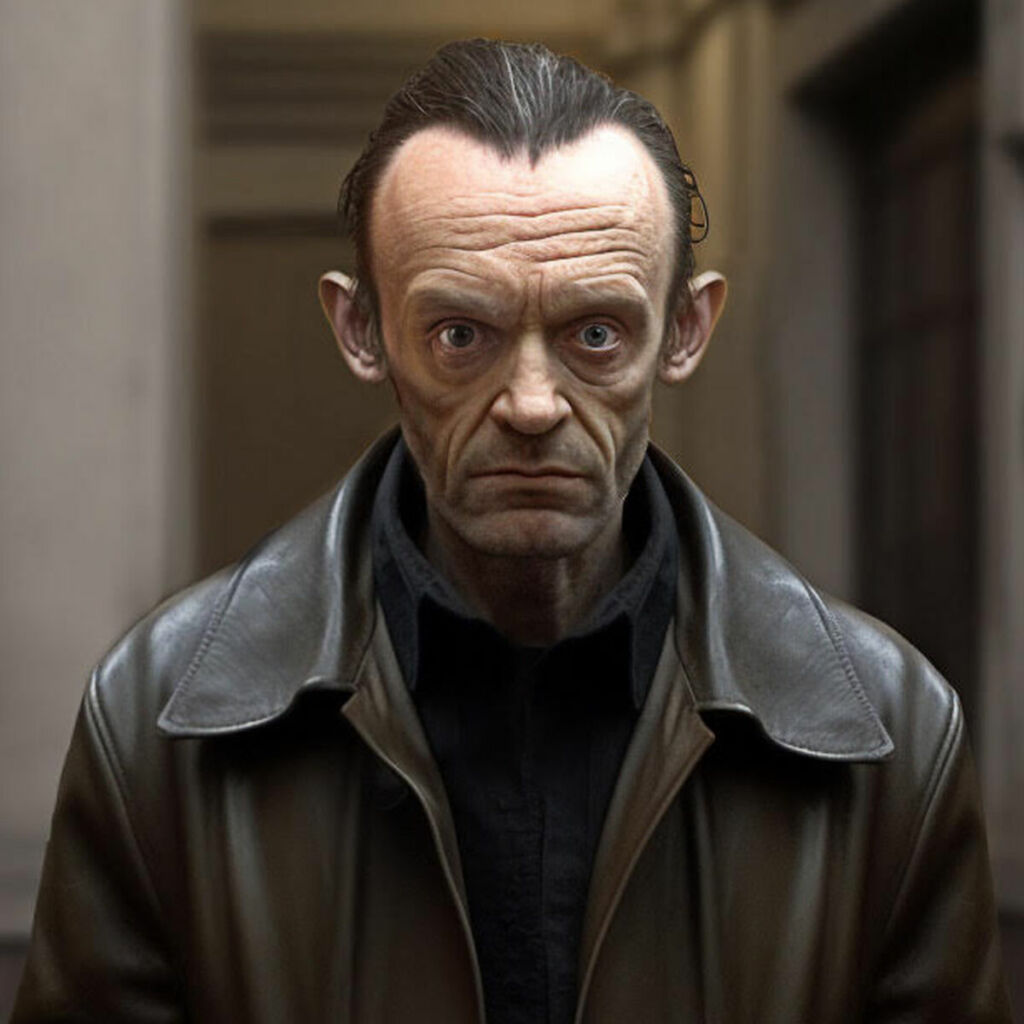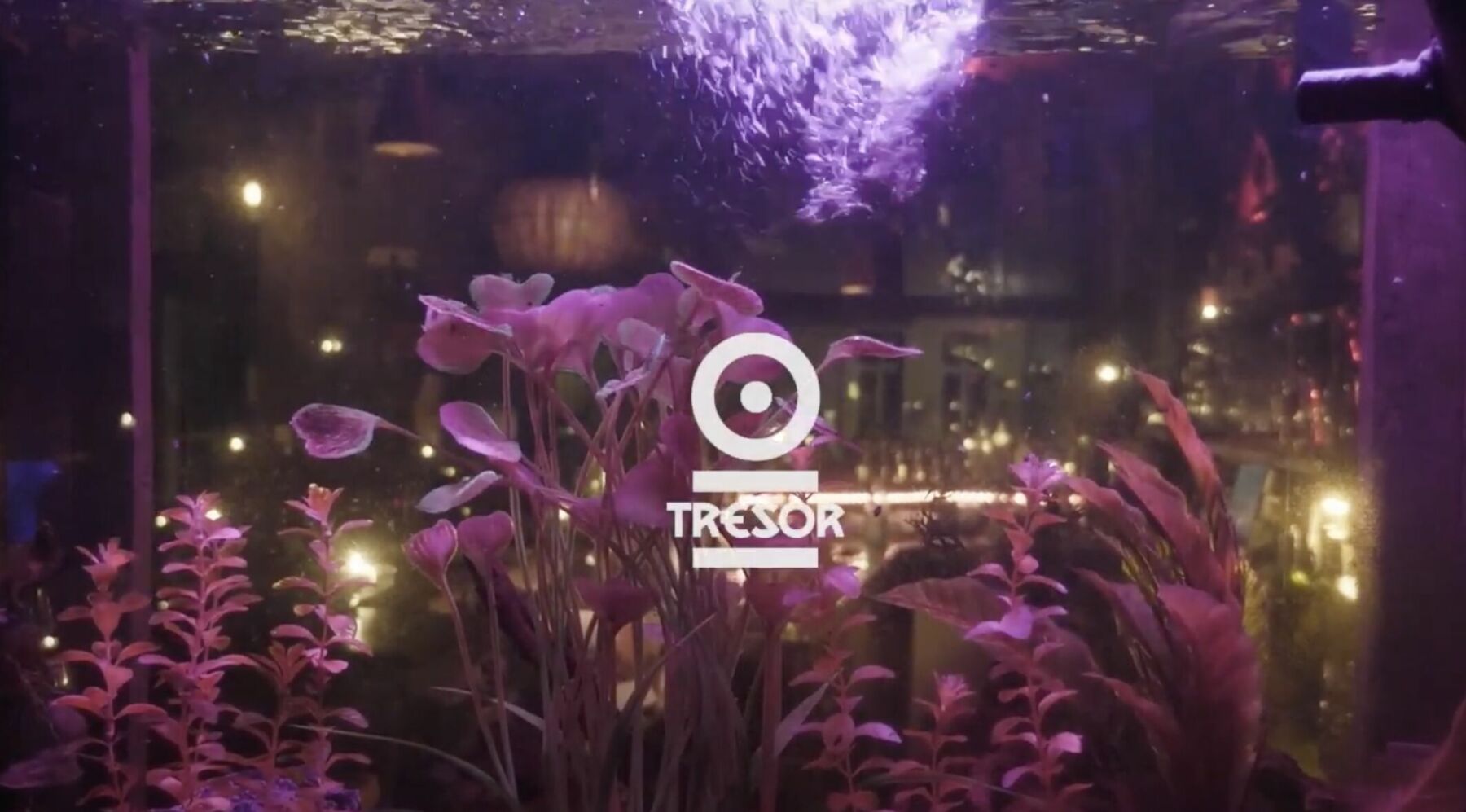Text by Olya Karlovich

There was a time when we anticipated the Internet would bring us new connections and allow us to find like-minded people worldwide. Just showing up on a forum was enough to start conversations with complete strangers. It felt like liberation from the class, gender, and age norms that often dictate IRL interactions. But things changed. The rise of digital corporations, especially social media, has led to an increasing sense of loneliness and isolation.
Last April, the iconic Berlin-based Tresor Records released an EP by the new anonymous project Datashader, created in response to the negative impact of technology on human identity. According to the artist(s), their interest in digital gentrification began with realising how technological advancements lead to the erosion of authentic human connections in favour of curated online personas, seeking to critique the impact of technology on human identity and relationships while breaking with an archetype of digital conformity and expressing a profound disillusionment with the superficiality of online interactions through music.
Filters and recommendations shield us from the true diversity of human communication and opinions. In her essay “The Gentrification of the Internet,” Jessa Lingel, an assistant professor at the Annenberg School at the University of Pennsylvania, argues that these negative online effects are simply the consequences of gentrification. This concept, commonly associated with urban politics, is now spreading to the web, sparking discussions among scholars and becoming a subject of reflection in artistic practices.
In their opposition to utopian digital reality, Datashader employs various means. Their musical arsenal includes a captivating mix of abstract electronics, IDM, techno, and digital noises. By blending these elements, the artist(s) create a cohesive sonic narrative while maintaining the raw, unfiltered energy that defines Datashader’s sound.
The project also draws on electronic music history, nodding to anonymous acts such as Scopex, Drexciya and Underground Resistance. Datashader pays homage to the pioneers while pushing the boundaries of sound and artistic expression.
We blend retro-futuristic elements with contemporary production techniques, creating a sonic landscape that resonates with the past while remaining relevant to the present and future.


Speaking of legends, Detroit’s Dopplereffekt created the remix of Breath Controller. The sci-fi machine soundscapes of Gerald Donald and Michaela To-Nhan Barthel’s Gravitational Remodel are undoubtedly one of the EP’s highlights.
Datashader’s knowledge of electronic music history, consistency, uncompromising approach, and production quality make Digital Entropy a perfect fit for Tresor Records. Label representatives note that while Tresor Records has always had a dancefloor focus, projects that are hard to pin down have often played a crucial role in the label’s history, whether it’s released by Drexciya, Cristian Vogel, or more recently, XOR Gate, Second Woman, or The Fear Ratio.
Speaking about the conceptual underpinning of the EP, Tresor Records adds: The artists and their visions have built the label’s identity to an equal part as the club’s history, culture and the communities that have evolved around it. Concepts often help to get a deeper glimpse into the artist’s mind, especially in instrumental music. We are all inspired by album/track titles, artworks and liner notes. As a label, we’re always interested in embracing an artist’s vision beyond the musical concepts to underpin and extend the images drawn by the music, but it should never stand above the musical ideas.
Although, according to the press release, Datashader’s Digital Entropy serves as a poignant counterbalance to current dance floor-centric norms, more reflective tracks like Tight Gate sit here side by side with undeniable bangers (take Velocity as an example). So, you don’t need to delve deeper into the conceptual aspect to enjoy the record.
Datashader’s reflection on “the societal costs of technological convenience” also has a planned visual continuation. This direction is set by a short trailer for Digital Entropy filmed by Julian Moser. The main image in the video is a seething aquarium with algae. According to the project member(s), it symbolises the invasion of digital entropy into organic spaces, underlining the themes of decay and transformation inherent in their artistic narrative.
The artist(s) explain that Datashader’s visual aesthetic is developed and always related to technology and human identity. We always pay special attention to the contrast between the analogue and digital worlds, remove the human from the focus, and reflect on what our world would be like without the human species.
By complementing their sonic journey with visuals and staying true to their creative expression, Datashader aims to construct shared sonic experiences and ignite human emotion rather than chasing digital metrics like likes and followers.






